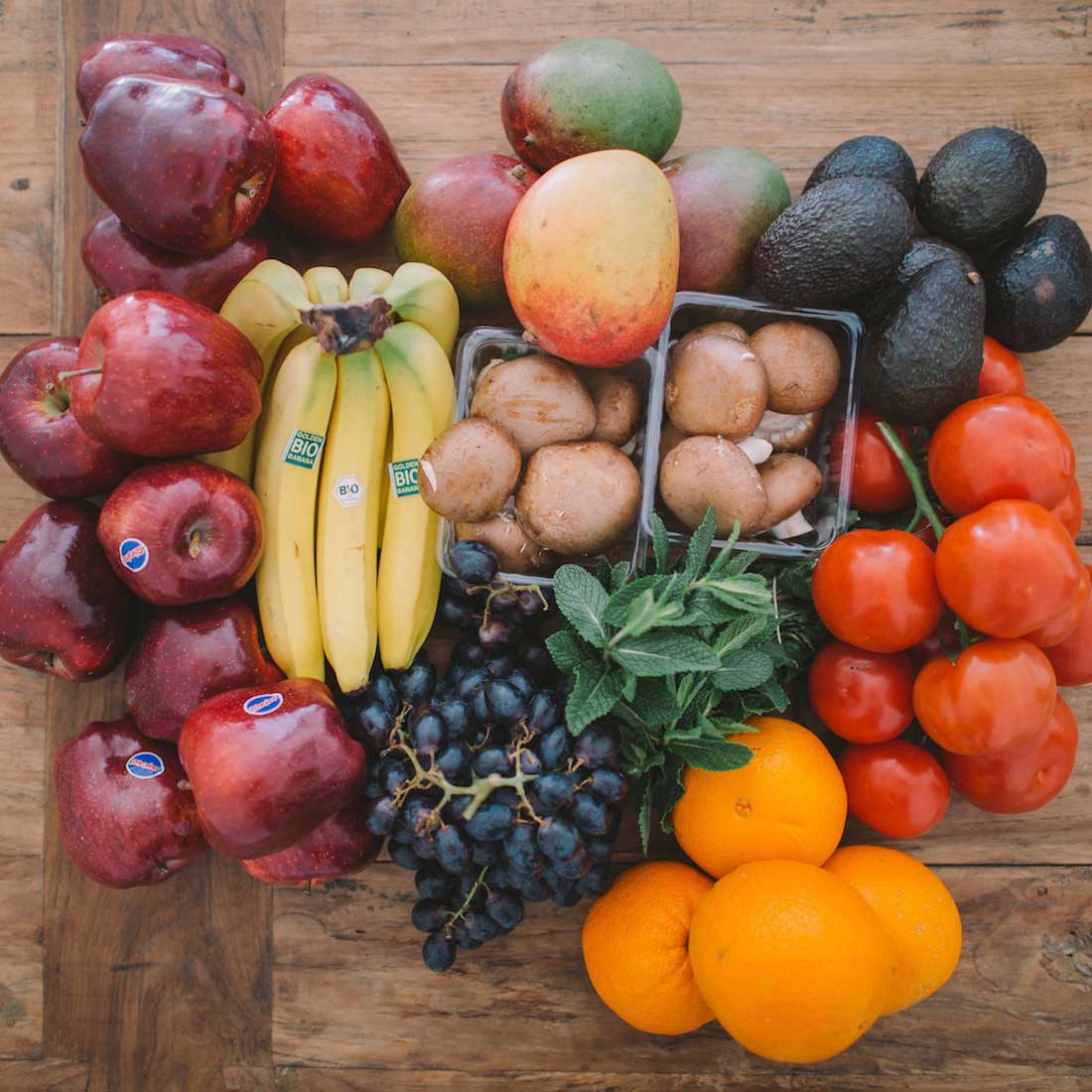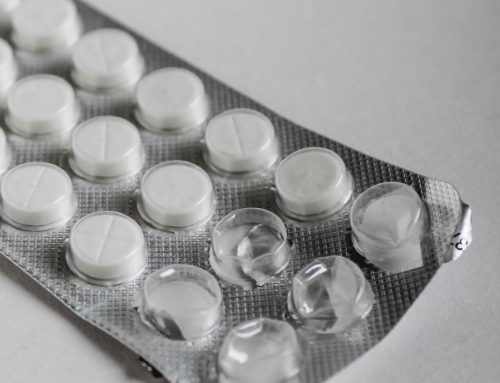How often do you have a bowel movement? It’s not something a lot of people like to talk about. You might find it embarrassing or gross. In many cultures around the world, the healthy number of bowel movements is 2-3 per day, and they should be easy to pass. Any less than 2 per day might mean that you’re experiencing a level of constipation.
Constipation is unhealthy for a number of reasons, but today we’re going to talk about diverticulosis and diverticulitis. It first begins as diverticulosis, where pockets balloon out from the colon. These pockets are called diverticula. These pockets often don’t come with symptoms, and many people can go on without even knowing they’re there. But overtime, with irregular bowel movements and an unhealthy diet, these pockets can fill with waste and bacteria. The diverticula can become inflamed and infected resulting in diverticulitis. It’s an inflammatory condition that primarily occurs in the lower region of the colon. (Outside of North America the diverticula may be in different parts of the bowel). We used to think that lack of fiber was the main cause of the diverticula but new research questions that assumption. What the research does show though, is that fiber can prevent a flares-up of diverticulitis.
Symptoms of diverticulitis can include:
- Belly pain (often in the lower left side)
- Gas and bloating
- Diarrhea or constipation
- Nausea
- Fever or chills
- Cramping
These symptoms can last anywhere from hours to more than a week depending on the severity of an infection or the inflammation. Severe infections are often prescribed antibiotics.
The symptoms can be quite uncomfortable, so avoiding inflammation and infection is the goal when using natural remedies for diverticulitis. Your diet and addressing the health of your bowel is the best place to start.
4 Steps to Preventing Diverticulitis Naturally
If you have been told that you have diverticulosis, or have had diverticulitis in the past, you may be able to keep your bowels healthy in the following ways.
NOTE: Diverticulitis can be a very serious and even life-threatening condition.
If you have diverticulitis you MUST consult your doctor or health care provider to make sure that it is safe for you to try these remedies. Severe cases diverticulitis sometimes need surgery and you should not be treating this condition on your own without assessment by a qualified health care professional. If you have a fever, if it hurts your belly any time you move or cough, if you have blood, pus or mucus in your bowel movements, get qualified medical help and do not try to treat on your own.
1. Cleanse the colon
Try to give your digestive system a break for a day to help clear any compacted waste (hard stool in the bowels) that’s causing discomfort. Fluids can help to break down and clear out waste in the colon. Increase your hydration by drinking plenty of water and including mineral rich broths like bone broth or vegetable broth into your diet. You can also try drinking cold-press juices (vegetable juices are best) and herbal teas. Ginger tea is a great option for digestion and soothing inflammation. If you get really hungry go on to step two.
2. Incorporate easy to digest foods
As you begin to add foods back to your diet make sure to choose easy to digest varieties. Try lightly steamed vegetables, and pureed soups or stew, or smoothies. Keep drinking plenty of water to stay hydrated and prevent constipation. You can also continue drinking mineral rich vegetable or bone broths, and ginger tea to help with digestion.
3. Increase your fiber
Once you’ve noticed your bowel movements become more regular, and you’re not experiencing any digestive discomfort, it’s time to start increasing your fiber. Fiber is essential for healthy bowel movements. It has also been proven to reduce the risk of diverticulitis flareups.
Start adding raw fruits and vegetables, and fiber rich grains like brown rice, quinoa and oats to your diet. Try following an anti-inflammatory diet.
4. Optimize digestion
Maintaining a healthy colon means maintaining a healthy digestive system from top to bottom. Taking steps to improve digestion can be different for everyone. Here are some tips to help you optimize your digestion:
- Chew your food well
- Sit down to relax and enjoy a meal
- Avoid allergens
- Eat a whole foods based diet
- Cut out processed foods
- Avoid whole seeds or nuts (they can get trapped in the diverticula and cause irritation, inflammation and discomfort)
Chew on this
Diverticulitis is a condition that occurs when pockets that have formed in the colon become inflamed or infected. Diet and bowel regularity can help to prevent inflammation and discomfort from occurring.
Following a diverticulitis diet to help clear out compacted waste in the colon, and increase fiber intake helps to improve bowel regularity and overall health. Research suggests that it’s important to avoid nuts and seeds.
What do you do to improve your digestive health on a regular basis? Tell us in the comments below.
Reference:
Diverticular Disease: Reconsidering Conventional WisdomPeery, Anne F. et al. Clinical Gastroenterology and Hepatology , Volume 11 , Issue 12 , 1532 – 1537




